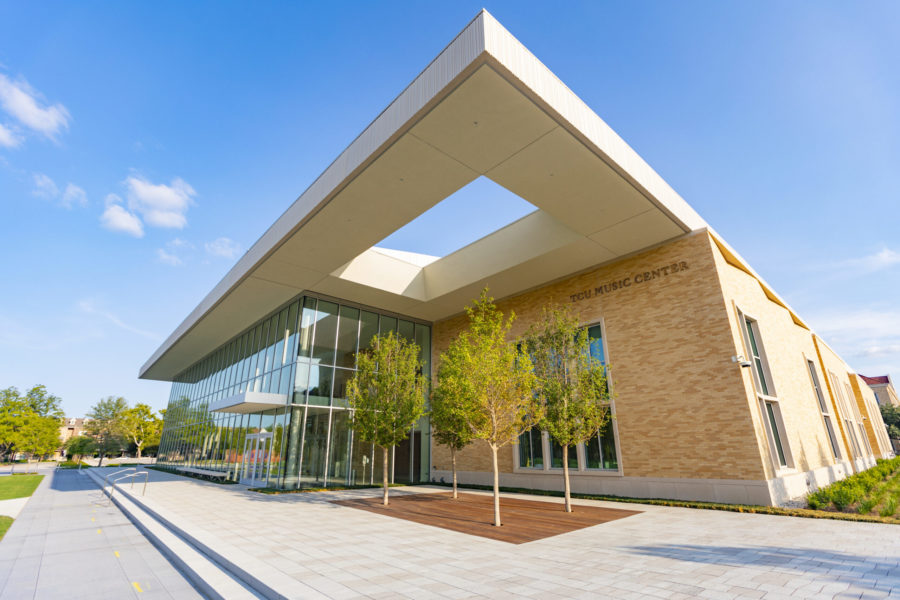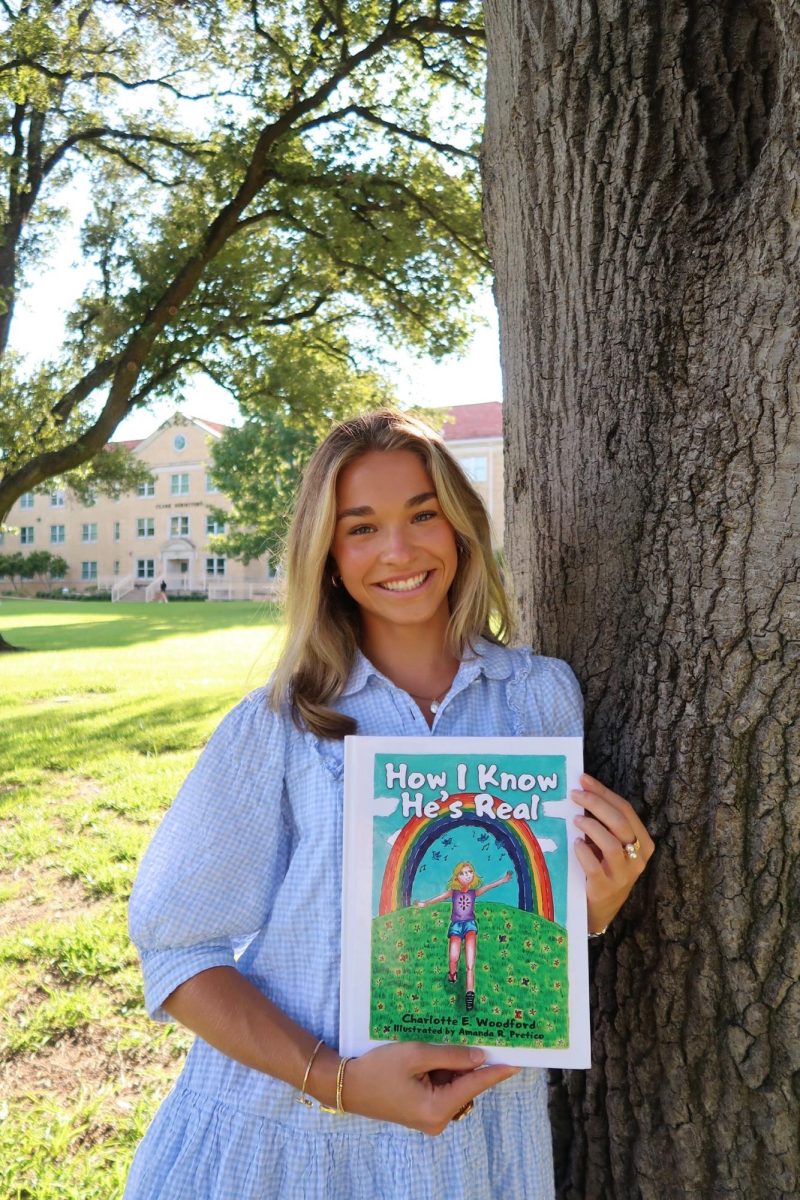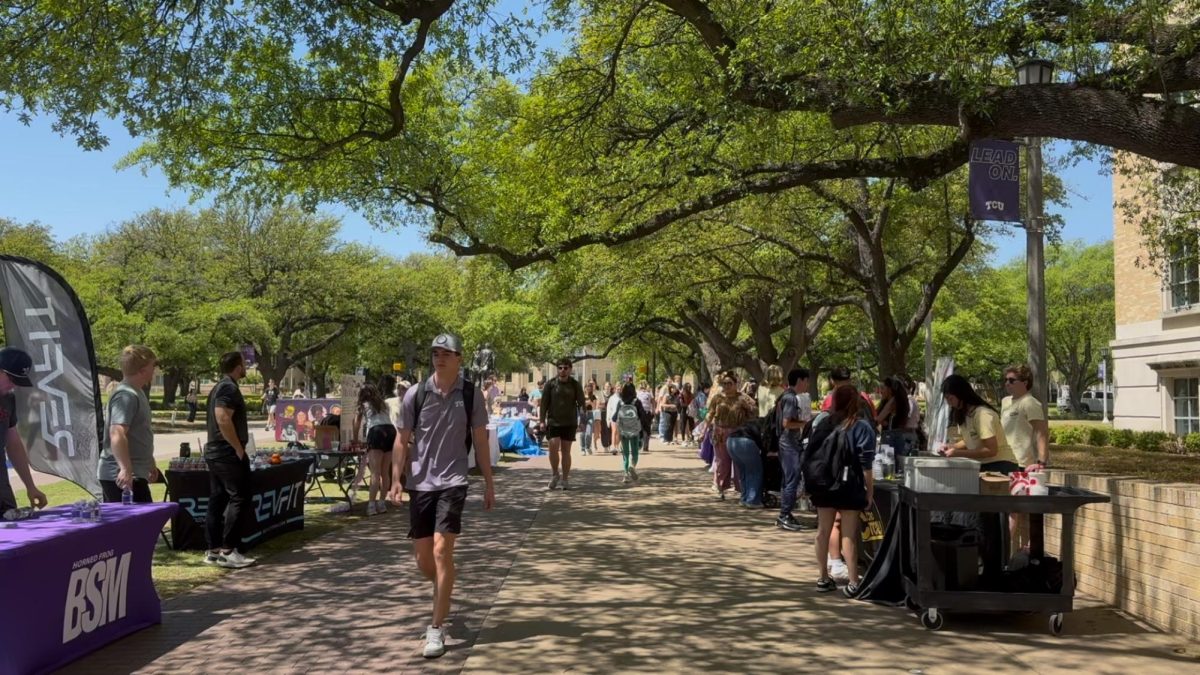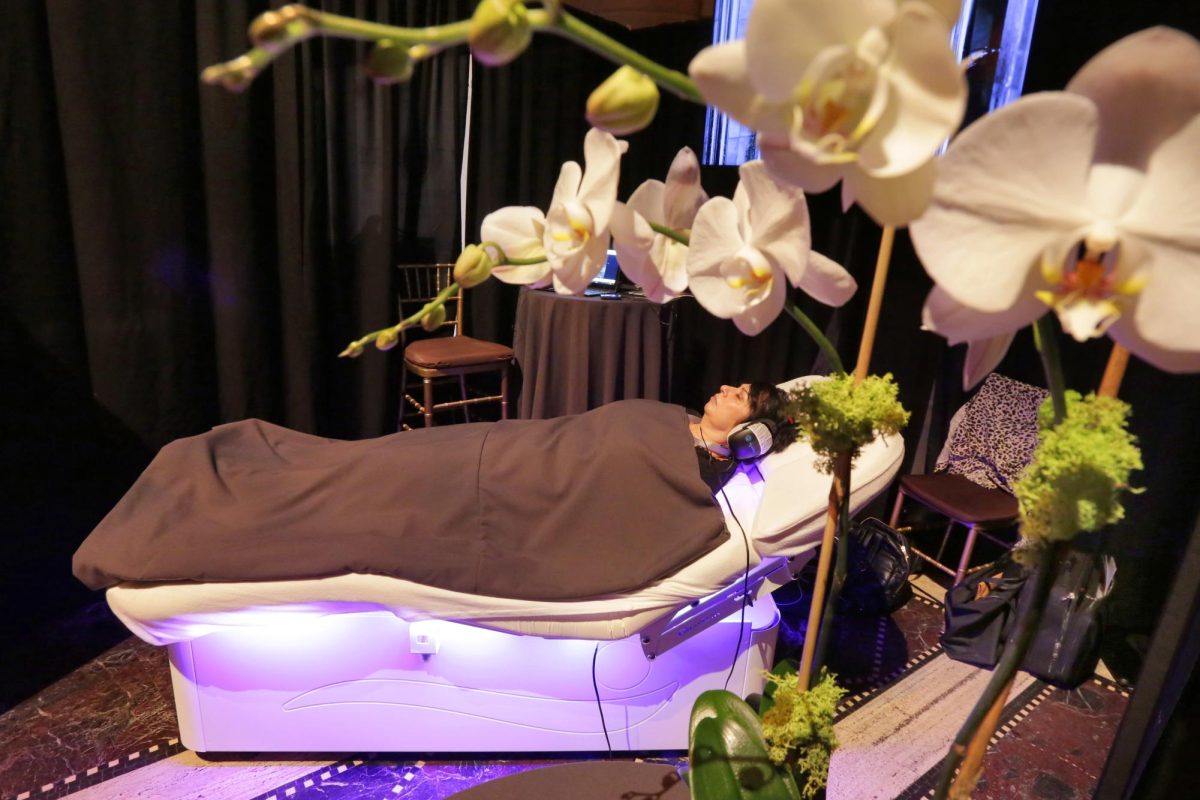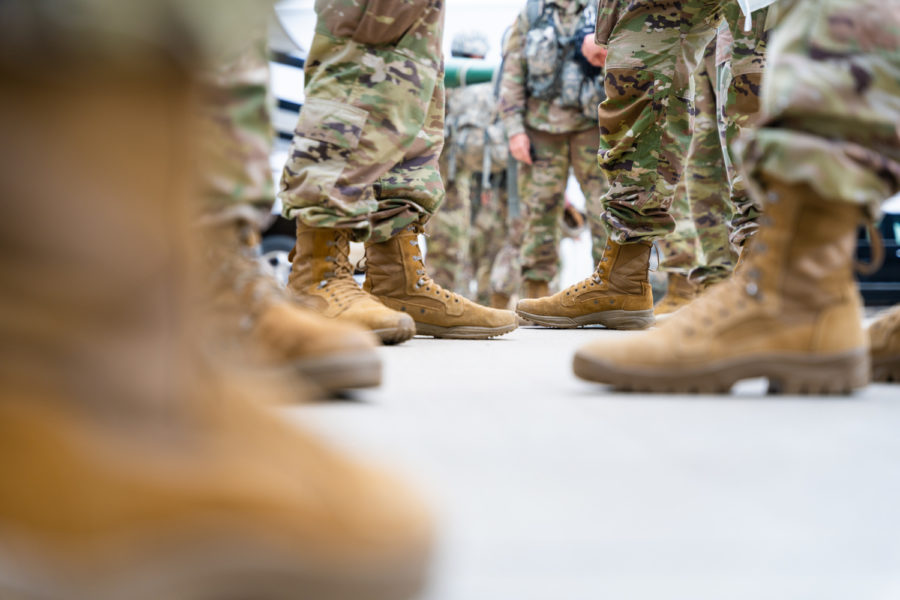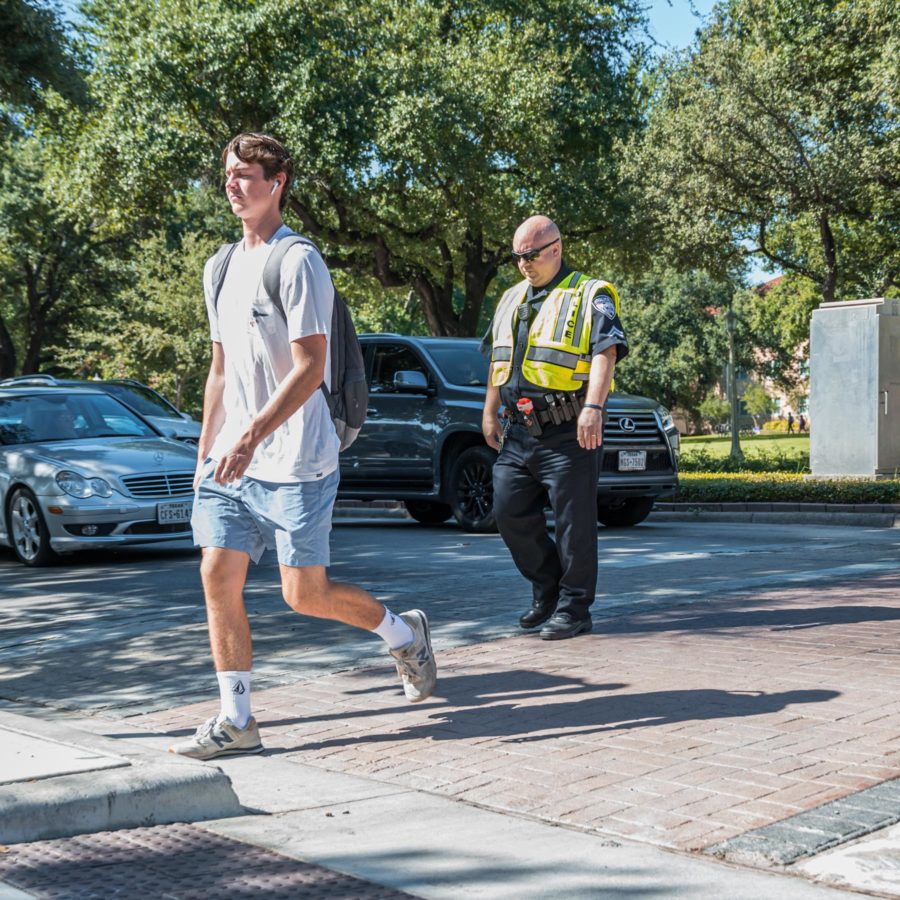Already more than seven weeks into the semester, students and faculty of TCU’s performing arts programs are continuing to adjust during this new era of online learning.
Such programs, including dance, music and theater, previously centered around in-person, close-contact practices in preparation for live performances, but they adaptated to match university COVID-19 guidelines.
Dr. Jessica Zeller, an associate professor of dance for TCU’s School for Classical & Contemporary Dance, identified how the dance school is continuing to navigate the changes.
“There are some things that are simply not allowed, like partnering and extensive time spent on the floor. So I know some of the curricular changes are just in order to preserve social distancing,” she said.
Dance students are facing a lack of access to on-campus resources, such as adequate space for movement and proper flooring.
While some students who have elected virtual instruction this semester have access to such resources, Zeller sees students participating in class from living rooms, outdoor decks, bathrooms, dorm rooms and other atypical locations.
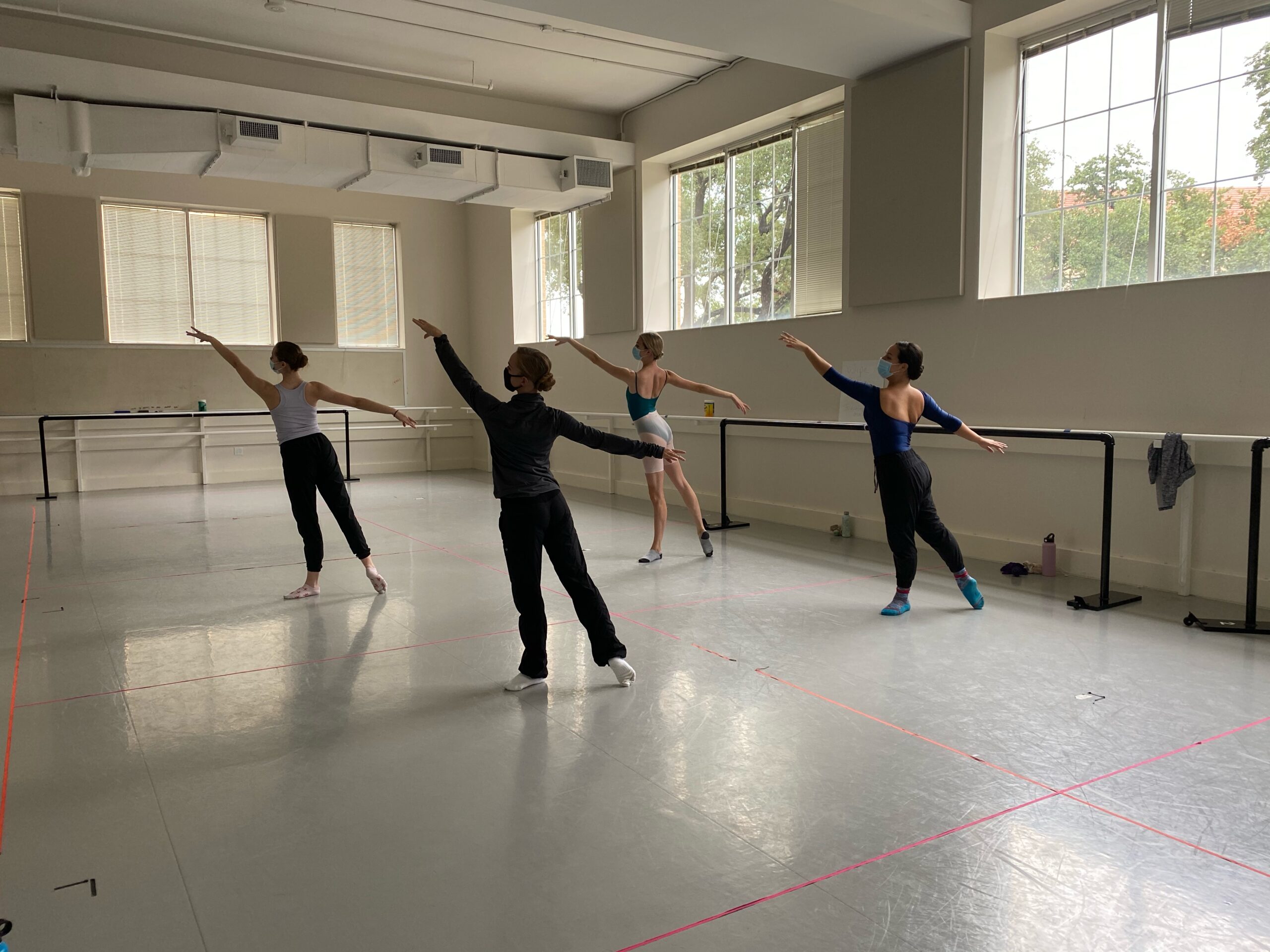
Because there are more students than permitted in the studios by social distancing parameters, each student who has elected to return to campus this semester has one day each week to engage with the class from outside the studios.
“We have become hardy and adaptable in ways that I don’t think we were before,” said Zeller. “The space for dance dictates a lot of what’s possible.”
Students and faculty at TCU’s School of Music are also continuing to discover and adopt creative responses.
Savannah Ekrut, a sophomore music major with an emphasis in flute performance, addressed the implications for music performances.
Live audiences are not permitted for concert ensembles. Instead, students may either live stream their performance or record it at an earlier time to be streamed on the release date.
While the new TCU Music Center opened this fall for rehearsals and classes, the Van Cliburn Concert Hall is not yet open for public performances.
Ekrut said her experience in online classes has suffered due to technological drawbacks, including unstable internet connectivity, reduced sound quality, audio delays and distractions in her environment. However, she said the quality and quantity of her coursework resembles that of previous semesters.
Dr. Till Meyn, a professor of music theory and composition for TCU’s School of Music, shared similar concerns with distance learning.

“When you’re playing music, part of the idea is you want to be close to each other so you can hear everything,” he said. “Putting on a mask deadens the sound and gives you one extra layer of ‘unmusicality’ essentially.”
Though Meyn is teaching from his house this semester and misses seeing his students in person, he identified unforeseen benefits to online instruction, including greater proficiency in technology and the opportunity to develop a better rapport with students from increased accessibility.
“I feel like I’m even more available now than I was before the pandemic. My office hours are basically, contact me, and we’ll get on Zoom almost anytime you want.”
Spencer Sloan, a first-year acting major, articulated the challenges of digital discrepancies associated with virtual instruction.
“It’s just not the same,” he said. “Acting is reacting. And it’s hard to do that over Zoom with the delay, but I think people are getting used to it.”
As in the dance school and School of Music, theater productions have been presented virtually.
Miss Molly, a student-written, student-designed and student-directed Theatre TCU production was postponed from late March to early September and refashioned to be live-streamed.
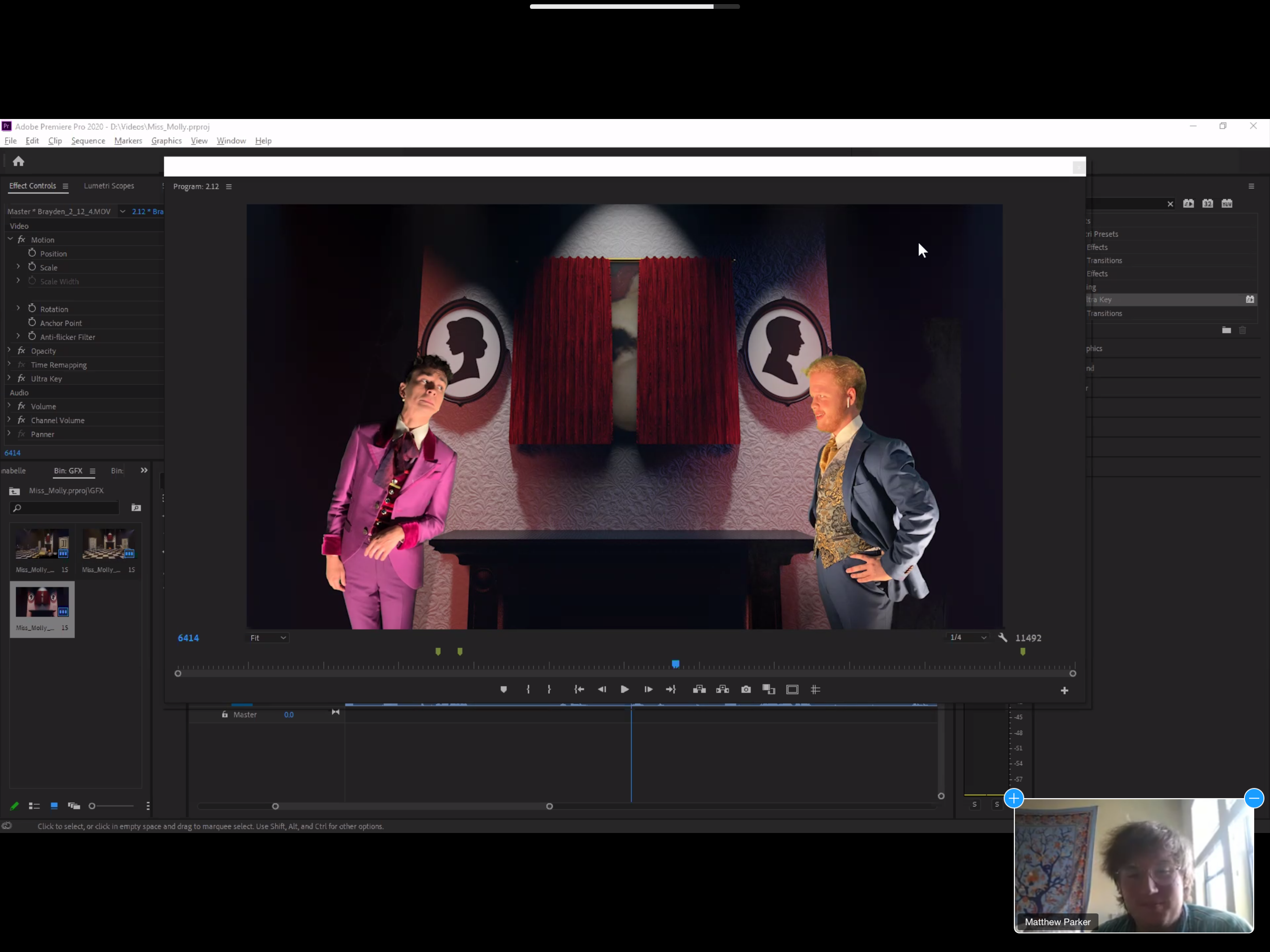
When asked if the prospect of an online theater education impacted his decision to come to TCU, Sloan said he wanted to embrace the opportunity for a unique experience.
“I don’t think I’ll ever forget this time,” he said, “because acting is so different right now.”
Moving forward, Zeller emphasized the importance in acknowledging the possibilities presented by this new medium of learning.
“There are some things that feel really daunting, and then the challenges makes it really exciting,” she said, “Theres no way to replicate the experience of being in person in a classroom. We can create entirely new ways of teaching and learning if we get past the idea of trying to replicate something that cannot be replicated 100% in this environment.”

